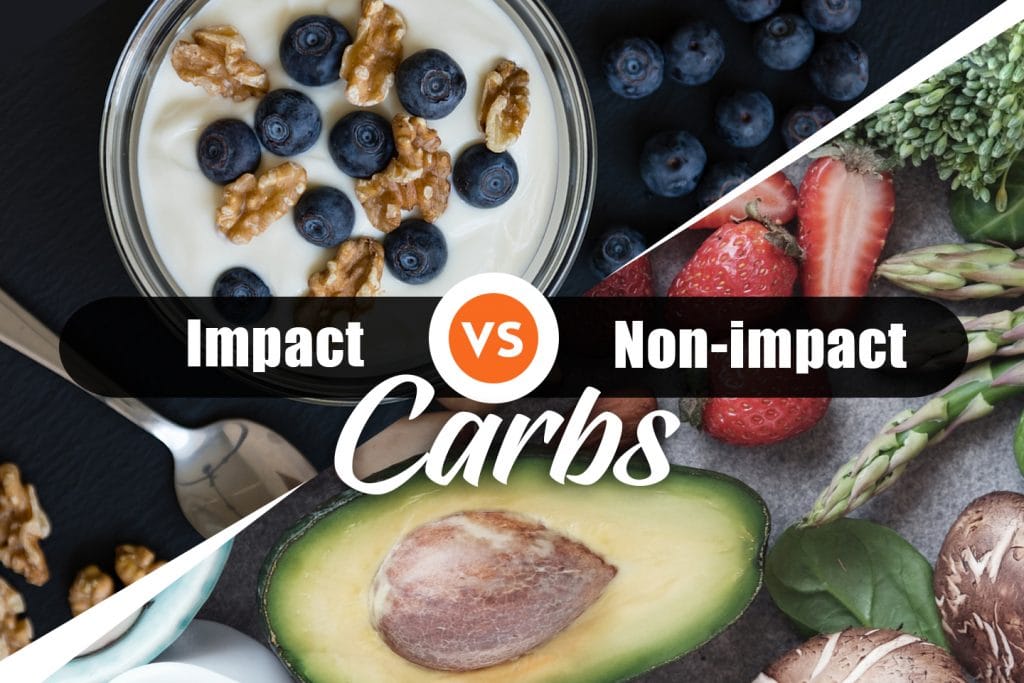What exactly are carbohydrates?
Carbohydrates consist of sugar and starch and are what provide the body with energy. These energy sources, known as calories, are chemical compounds composed of carbon, hydrogen, and oxygen. Both simple and complex carbohydrates break down to produce various products, including caloriesand glucose. The body takes items like bread, grains, fruits, cookies, spaghetti, soda, and a variety of other items to use them to feed its cells. Complex carbohydrates, or polysaccharides, take longer to break down. These would include those found in natural food sources, such as fruits, vegetables, milk, and eggs. On the other hand, simple carbohydrates, or simple sugars, are more commonly found in processed foods. These foods include white bread, cakes, almost all pastries, and starchy food. All of these foods collaborate to help the body function properly and to provide energy. When simple carbs are consumed, the body easily converts them into glucose, rapidly increasing blood sugar. This triggers the release of insulin, which is needed in large amounts in order regulate the elevated blood sugar level. Over time, the continuous release of large amounts of insulin can lead to health problems, including diabetes. Complex carbs, on the other hand, take longer to breakdown into glucose, preventing steep rises and drops in blood sugar. Additionally, these carbs may also contribute to burning energy later after consumption, aiding in fat loss.
Non-Impact carbs
Non-impact carbs are carbohydrates that have little effect on blood sugar levels. These types of food are considered to be ideal for low-carb diets, since they minimally affect the body’sglucose levels and prevent the need to retain fat. Most non-impact carbs are found in fiber, sorbitol, glycerol, and maltitol. While fiber easily passes through the body and contributes to a healthy lifestyle, the other three substances (maltitol sorbitol, glycerol) have almost no effect.
Non-impact carbs are more difficult for the body to digest. They enter the bloodstream at a slower rate and prolong the amount of energy the body receives. When considering the glycemic index, non-impact carbs can cause multiple health benefits. This is why common diets, like the Keto diet, have started to become a trend. When completing a keto diet,non-impact carbs aid the body in entering ketosis.
Impact carbs
Whether a food contains impact and non-impact carbs comes down to the total carbohydrates contained in the food. When calculating impact carbs, fiber needs to be taken into consideration. This is commonly found in vegetables, fruits, beans, and whole grains. Also, sugar alcohol is considered when calculating total carbs. The American Diabetes Association recommends that sugar alcohols should be subtracted from the total carbs. In other words, to find a food’s impact carbs, the total fiberplus the total sugar alcohols should be subtracted from the total carbohydrates. For example, when eating an item that has 30 grams of carbohydrates, 10 grams of fiber, and 3 grams of a sugar alcohol, this particular food would have 17 grams of impact carbs (30-[10+3]=17).
Ketosis, as previously mentioned, is a state in which the body has little to no carbohydrates within it. The theory behind ketosis is that fat, which is used for energy when glucose stores are low,is stored away in the body until it is needed. When the body becomes deprived of carbs, it uses the remaining fat as energy. This can result in weight loss because the body is using the stored fat. Impact carbs during a ketosis diet need to be calculated in order to maintain a healthy lifestyle. Foods that have higher fiber and low impact carbs can also provide various benefits. Fiber helps the body process food faster and can help maintain a healthy cholesterol level.
What to consider with carbs:
The recent trend of consuming non-impact carbs has grown in the past couple of years. Consider the amount of sugar alcohol and fiber needed to maintain a healthy digestive system. Completely eliminating impact carbs can aid the body in entering ketosis, but remember that the body still needs energy in the form of carbohydrates to function. Substituting processed food with a natural, healthy food is the best way to reduce the number of impact carbs.
Keep in mind that completely eliminating any nutrient from a diet (carbohydrates, proteins, etc.) is not the healthiest way to lose weight. Utilizing healthy supplements, simple carbs, and protein replacements can help aid in keeping a balanced and healthy lifestyle. Being active is always the best start to maintaining a proper, healthy, carbohydrate-based diet.
